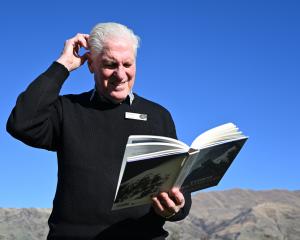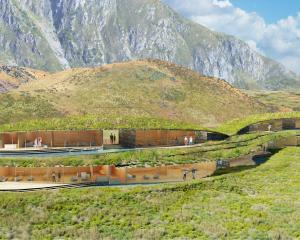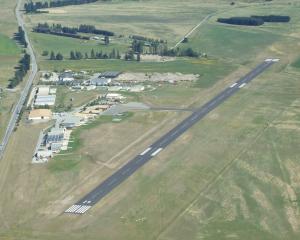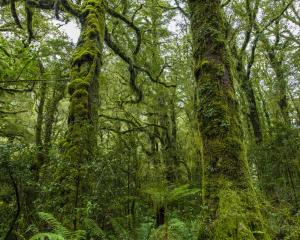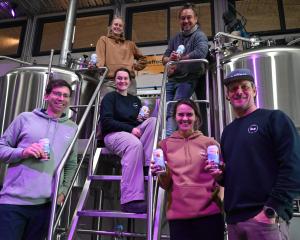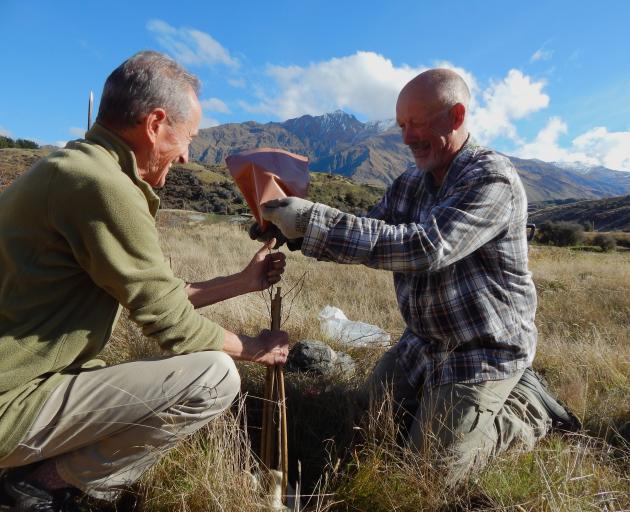
The Fern Burn is a trout spawning stream feeding into Lake Wānaka, near Glendhu Bay.
The Wai Ora Project by the Wānaka Catchment Group, the Otago Fish & Game Council and Alpha Burn Station farmers Duncan and Alannah McRae began in 2021.
After this week’s efforts, the project would have installed 11km of riparian fencing, added more than 22,000 locally sourced native plants to farms on the catchment, and excluded stock from 37 hectares of riparian zones.
More than $25,500 was contributed by various parties and a further $2500 habitat grant came from the Otago Fish & Game Council for this week’s planting efforts.
Fourteen volunteers from the Upper Clutha Angling Club joined catchment group members, the landowner and OF&G to plant the trees on Tuesday and install protective guards around them.
Otago F&G officer Mason Court said the Fern Burn was an important tributary of Lake Wānaka and a "gem of a stream".
The council was delighted to support Wai Ora and Alpha Burn Station restore native habitat, he said.
"As well as providing accessible fishing opportunities, Fern Burn is used by hundreds of rainbow trout each year for spawning," Mr Court said.
Wai Ora project manager Tom Allen said the project partners began working together in 2021.
"Fish & Game, with the support of the Upper Clutha Anglers hands on the ground, has aided our group in achieving our planting objectives in not just today's site - but multiple sites across our special Lake Wānaka catchment," Mr Allen said.
He was looking forward to watching the site develop in years to come.
Most of the 400 plants are native dryland species, which will help filter nutrients from the surrounding farm land, while other plants near the stream will provide cover and shade for trout.
Upper Clutha Angling Club president Ian Cole, who is an Otago Fish & Game councillor and professional fishing guide, said he was really pleased with the number of club anglers who volunteered to help.
"This is an incredibly important rainbow trout spawning habitat.
"In the past, angling club members have undertaken spawning surveys to locate spawning redds and fish counts," Cr Cole said.




